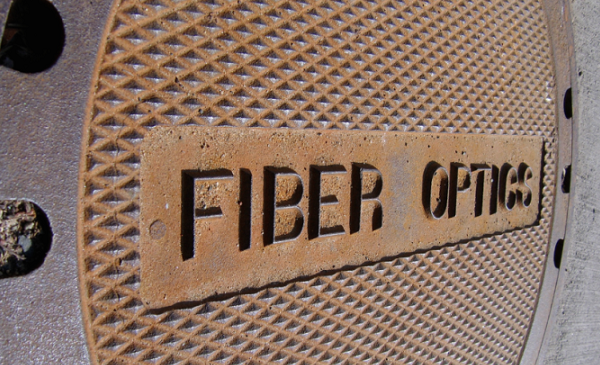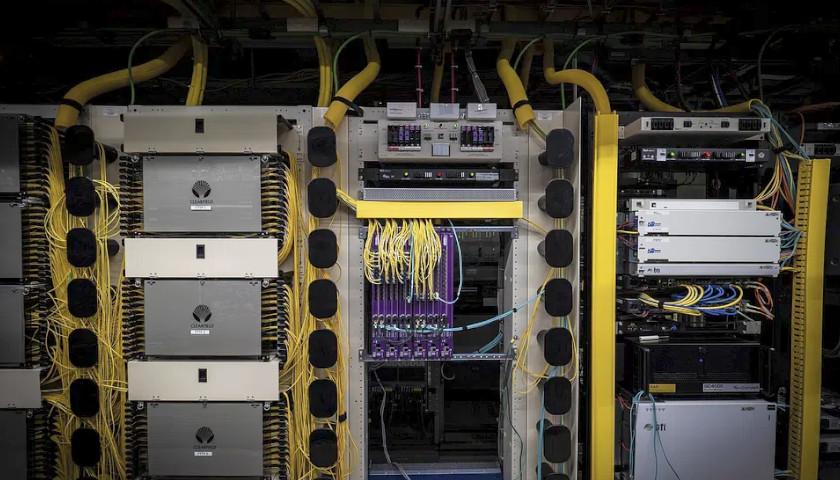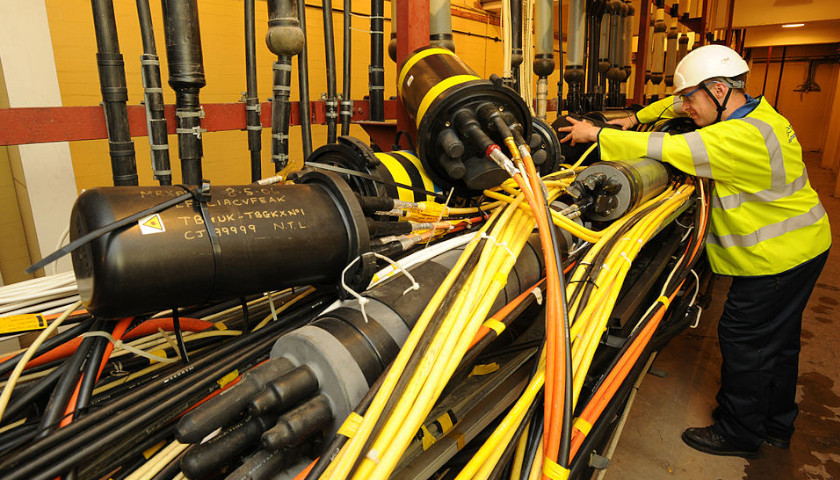This article is reprinted with permission from the Tennessee Watchdog.
By Chris Butler
February 13, 2017
More than 200 municipal broadband networks in the U.S. have placed taxpayer money in jeopardy, and 11 of those networks are in Tennessee, a new report from the Taxpayers Protection Alliance says.
The Washington, D.C.-based nonprofit unveiled a graphic this week pinpointing the locations of those networks.
“Government-owned (i.e. taxpayer-funded) network projects have needlessly reduced resources available to help more pressing needs such as improving education, infrastructure and public safety,” according to a TPA press release.
“These networks also unfairly compete against private businesses. Worst of all, these projects have proven to put taxpayer dollars at risk, leaving hardworking constituents to foot the bill, often at a steep cost.”
Among the networks listed in Tennessee:
• Memphis Networx, which, the TPA said, Memphis Light, Gas and Water created in 1999 and “was a financial drain on taxpayers.”
“In 2007, with the Internet experiment on the verge of bankruptcy, Memphis Networx was sold off for $11.5 million,” the TPA said.
That, the TPA added, was a loss of $20.5 million on the city’s $32 million total investment in the project.
• E Plus Broadband, created by the Jackson Energy Authority. No information was available on the network, but TPA officials said they have sent an open records request to get it.
• CDE Lightband in Clarksville. In 2007 the Clarksville Department of Electricity used a $55 million bond to pay for fiber. The city then borrowed another $20 million to cover cost overruns and operational expenses, TPA said. Ten years later, city taxpayers still owed $17.3 million.
• NESNet, which is Nashville Electric Service’s attempt to provide Google Fiber Infrastructure to build a fiber network.
“As developments have progressed, Google Fiber has delayed rollout in Nashville, as well as several other major cities, after citing a high cost of infrastructure, build-out, high cost of labor, and the difficulty of rolling out such a high-speed advanced network,” the TPA said.
• Murfreesboro Electric Department: Information is not available due to the network’s under-development status, the TPA said.
• PES Energize in Pulaski. The TPA says this network serves only 2,415 customers, and it has a current debt of $15.8 million.
• Fayetteville Public Utilities, which has a debt of $1.7 million.
• LightTUBe, out of Tullahoma.
“This Tennessee town of 18,000 spent $17 million on a government Internet company, even though Charter and AT&T both already provide Internet service to the area,” the TPA said.
Five years after construction, the network has only 3,100 subscribers and is millions of dollars in debt.
“Rather than wasting this money on a broadband network, the city could have hired a combination of 93 firefighters, 106 teachers, 90 police officers, or 87 paramedics,” the TPA said, adding the utility has a current debt of $16.9 million.
• EPB of Chattanooga, which the TPA says “is among the most expensive broadband projects ever constructed,” cost $391.1 million in municipal bonds and $111.6 million in federal stimulus funds.
• Athens Utility Board of Athens. The TPA calls the network a work-in-progress that has already cost taxpayers $60,000.
• Morristown Utility Systems has only 4,165 customers and has accumulated more than $11.6 million in debt since 2006, the TPA said.
As reported, Jonathan Harlan, CEO of the Jackson-based Aeneas Internet & Telephone Services, said less-costly solutions will, in the coming decade, become available through the free market.
It’s likely carriers such as AT&T will introduce wireless technology to reach rural areas — just as they do now with smartphones, Harlan said.
Some private providers in Tennessee have said they won’t compete in areas with municipal broadband, increasing the risk of giving government networks a monopoly.
In a study, University of Colorado professor Ronald Rizzuto says municipal broadband networks regularly lose money.
Private Internet Service Providers, meanwhile, said they can’t afford to branch out into rural, underserved areas because pole attachment fees in Tennessee cost three times the national average.
As reported, the Clarksville Department of Electricity’s municipal broadband has had many outages and cost business owners thousands of dollars, including two this month, according to the CDE Lightband’s Facebook page.
Contact Christopher Butler at [email protected]
Follow Tennessee Watchdog and receive regular updates through Facebook and Twitter.
Follow Chris Butler on his professional Facebook page Chris Butler Writer/Journalist.









I’ve always said that Internet and tv/phone service from CDE/Light and was a mistake. A money loser. A drain on electric customers and the city. 12 years later I have been proven correct.
And now the Electrical Coops are spending “grant” money to extend high-speed access to the hills and hollows. Good gosh!
FINANCIAL DISASTER – Governments have Constitutional Boundaries and developing the Internet is NOT one of those functions. When will we learn that government in America is NOT 1. Bank 2. Insurance Company nor 3. A Chamber of Commerce. The above article on this Municipal Broadband fiasco is another proof that government should stay confined by the Constitution. This is a disgrace and flagrant misappropriation of tax monies for UNCONSTITUTIONAL Schemes.